A quarter-million hunters is a lot for one state to lose, but that’s exactly the deer-hunting license deficit Michigan is currently facing, based on the latest statistics.
The Michigan Department of Natural Resources (DNR) reported deer hunting license sales were down from 871,865 in 1995 to 616,278 in 2020 — and that’s including a 5% participation bump from the pandemic last year. Holly Vaughn, the DNR’s Wildlife Division Public Outreach and Engagement Unit Manager, said they’re bracing for another hit in the near future.
“The Department anticipates that Michigan will likely lose over 100,000 hunters over the next decade,” she said.
And it’s not a lack of deer that’s keeping people out of the woods. While hunter numbers are down, the deer population is continuing to climb. Chad Stewart, a wildlife biologist for the Michigan DNR, estimates the state holds as many as 2 million whitetails. That population was considered problematic when it stood at 1.7 million just a decade ago.
RELATED: Coast Guard Rescue – Alaska Hunters Stranded for 8 Days Safely Extracted
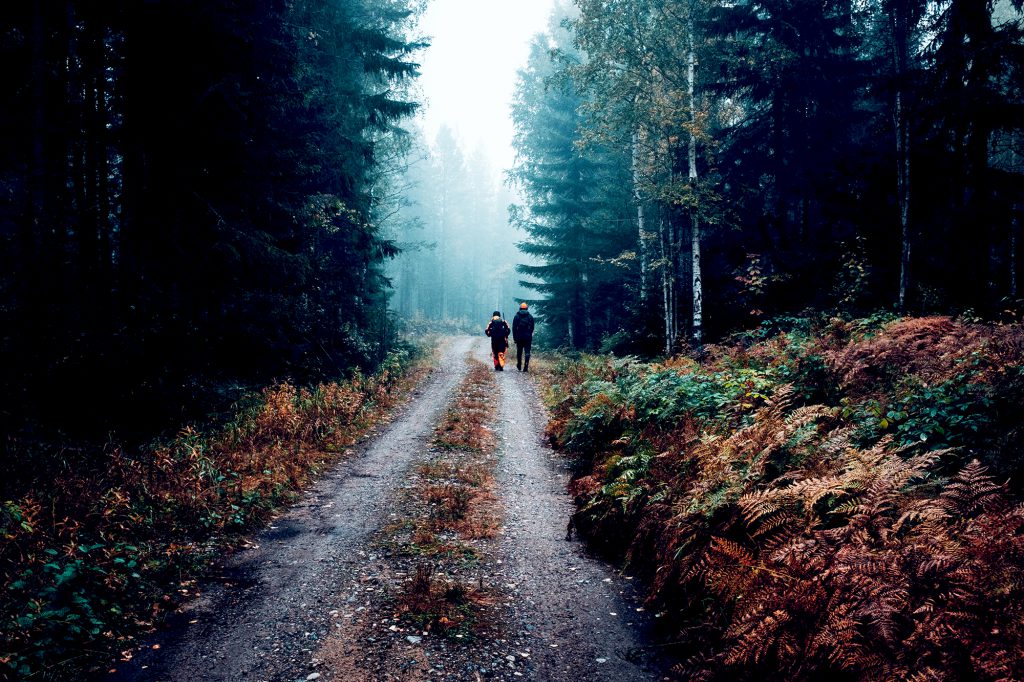
Deer Damage
Beyond the obvious concerns of a dwindling hunting heritage, the participation decline and resulting unchecked deer numbers are creating devastating results.
DNR officials report high deer density is causing significant damage to the Michigan landscape, agriculture, and the overall ecosystem. A 2015 Michigan State University study found deer are responsible for a 10% loss of the state’s soybean crop and millions of dollars in damages. Overbrowsing by deer also results in loss of habitat for some other species.
Such dense herds can speed up the spread of deadly diseases such as CWD. And despite fewer drivers on the road during the pandemic, deer were still involved in more than 51,000 vehicle crashes in the state last year.
Fewer licenses sold also means fewer conservation dollars to fund management projects for deer and other wildlife.
RELATED: New Animal Tracking Software – Hunting, Conservation Game Changer?
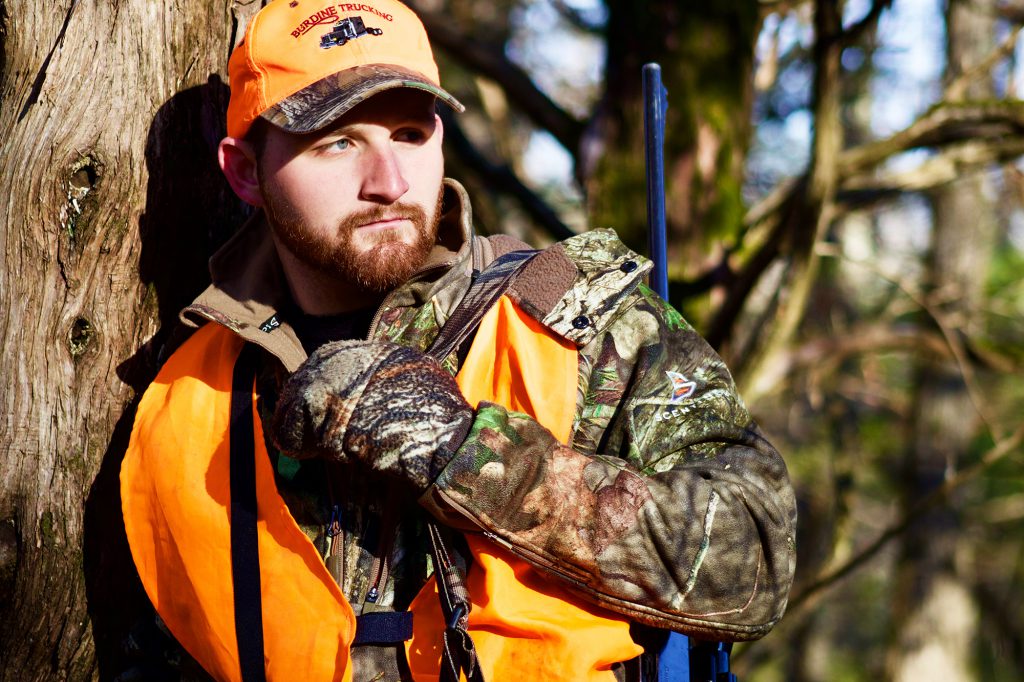
Reasons fo Michigan Hunting License Drop
So if there are more than enough deer, where the hell are the hunters?
The Michigan DNR says older hunters are aging out and that a lack of time or access is the leading reason for the decline in hunting license sales. Vaughn believes younger people have too many interests vying for their attention and are increasingly disconnecting from rural areas and the outdoors.
According to U.S. Fish and Wildlife Service stats, it’s a common trend throughout the entire Great Lakes Region. Michigan, Ohio, Indiana, Illinois, and Wisconsin all saw significant decreases in license sales since 2012. Vaughn called it “a nationwide phenomenon.”
RELATED: 5 Keys to Pulling Off an All-Day Sit During the Whitetail Rut
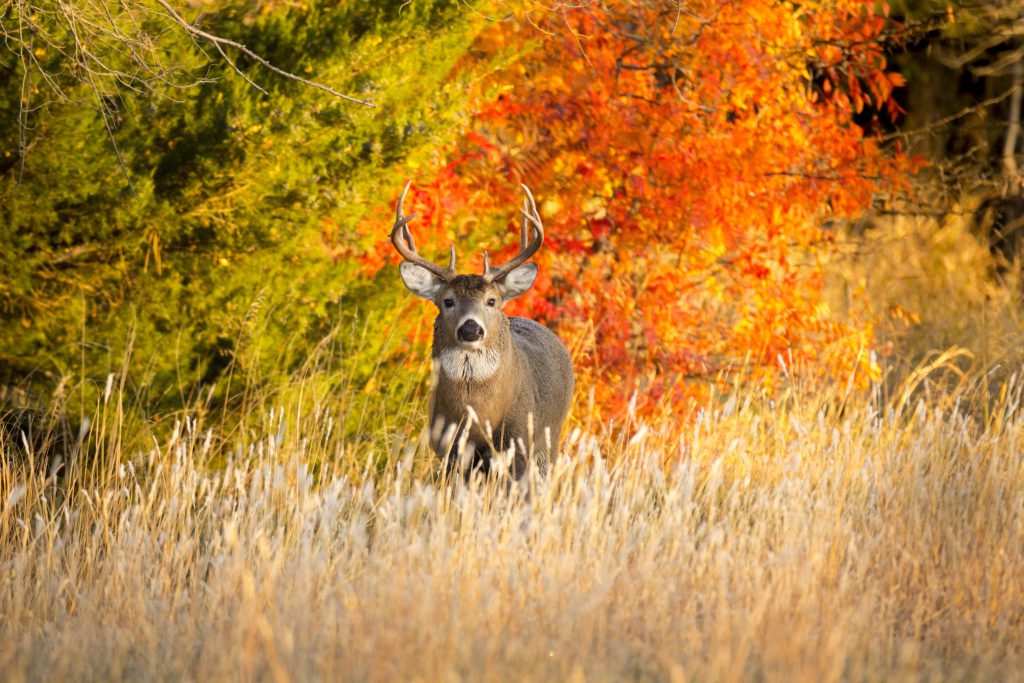
Growing the Michigan Deer Hunting Ranks
Although the numbers look grim, Michigan and many other states are taking steps to boost hunter participation and generate new interest.
Bill Brassard, the Senior Director of Communications for the National Shooting Sports Foundation (NSSF,) said both young people and adults continue to express some level of interest in hunting that state agencies can capitalize on.
“Mentoring programs such as NSSF’s +ONE initiative, states offering apprentice hunting licenses for youth, and many first-time gun owners all have the potential to increase the ranks of hunters,” Brassard said.
RELATED: Three Late-Season OTC Western Hunts You Can Do Right Now
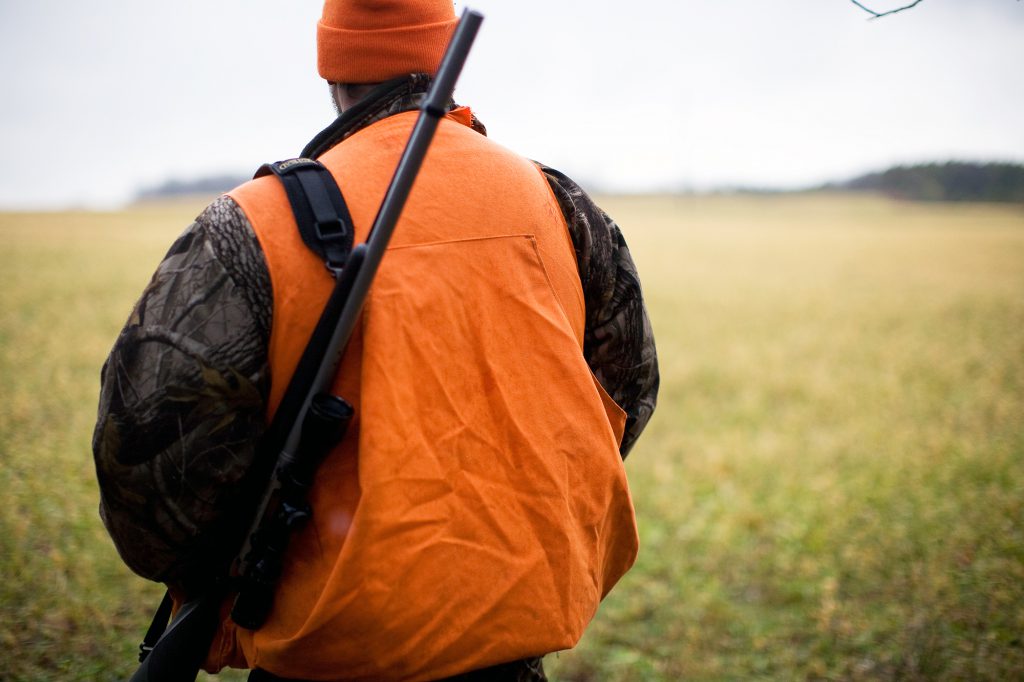
Michigan is focusing its efforts on recruiting new hunters and expanding hunting opportunities — with more public hunting areas and looser regulations — to help control the herd.
A Republican-backed bill could also draw more out-of-state hunters by offering former Michigan residents a 50% discount on non-resident licenses.
Non-resident license sales have already risen steadily in the last decade, with only a slight dip last year amid COVID travel restrictions. But the Michigan DNR is concerned this proposal could result in a revenue loss.
Vaughn said the DNR is looking for alternate sources of conservation funding while license sales are low.
Read Next: Rogue Red Stag Looking for Love in Georgia

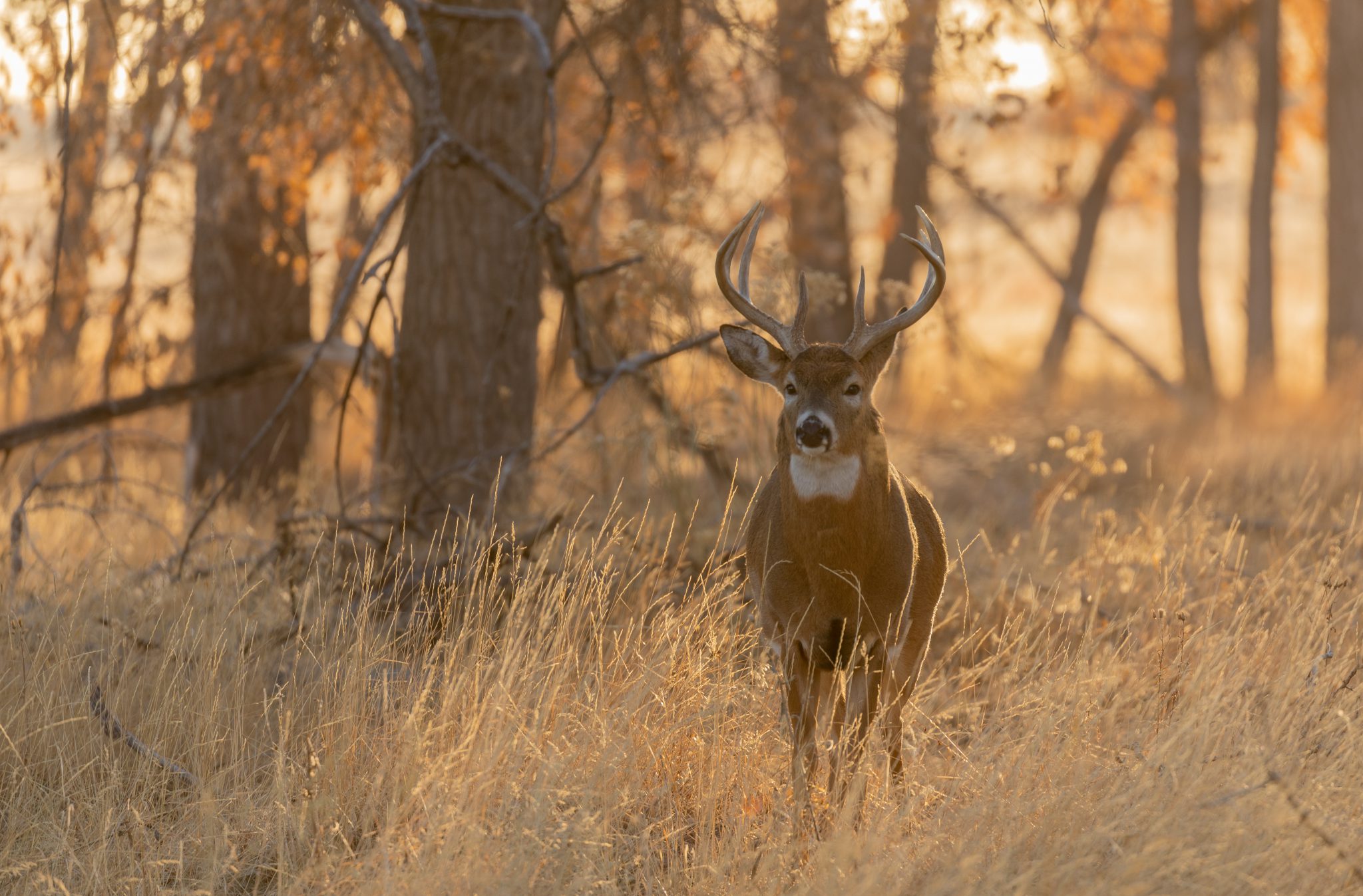

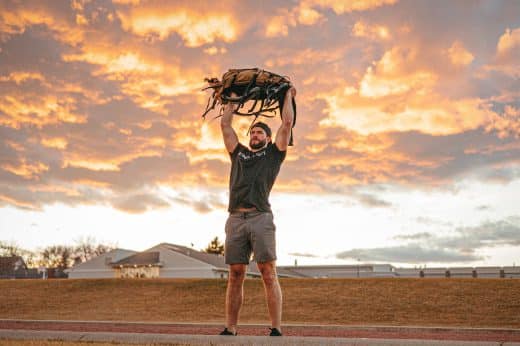
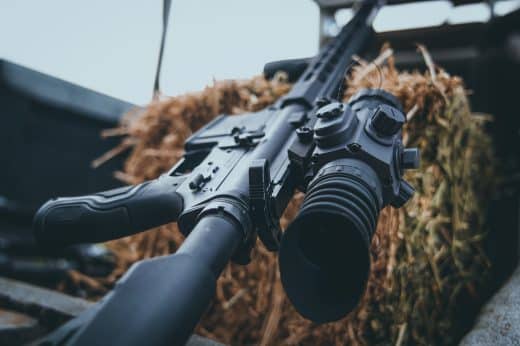
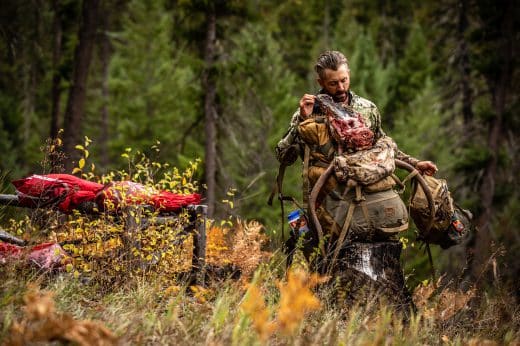


Chris Fisher says
This is a common phenomena. The youth have too many alternatives to occupy their free time. Less interest and no participation in outdoor recreation equals less revenue to protect habitat and increase quality of existing conditions. The solution? Maybe promote outdoor recreation to the youth and make licenses less expensive and easier to obtain (although can acquire online relatively stream line)..provide a natural resource education course (4-8 hours, similar to Hunter safety) to get youth interested in the natural environment. If not, more likely the hardwood lot you see today will succumb to being another strip mall (Starbucks, Old Navy, Little Caesars, etc.).
Sheldon Parker says
One change I would like to see probably goes against the problem of recruiting more hunters, but I think cross bows should only be allowed in archery season for those 65-70 plus or those with a documented injury or handicap. Cross bows are not archery equipment and shouldn’t be included as such, except for the above circumstances, in my view. As for the overpopulation of the deer herd, continued encouragement of harvesting does and the benefits to the overall herd and the benefits of eating venison should be advertised and emphasized. Thank you for the job you all do!
Brian Hines says
Hunting in Michigan kind of sucks. While it’s gotten better, the bucks aren’t what they can be. We need better management. Proofs in the pudding- the counties managing have better hunting. Jackson bucks aren’t just big because it’s in the corn belt. They’re big because the farmers down there collectively laid off young bucks. Some positive steps taken in my humble opinion. For example, allowing a doe to be shot instead of the 4pt standing with it.